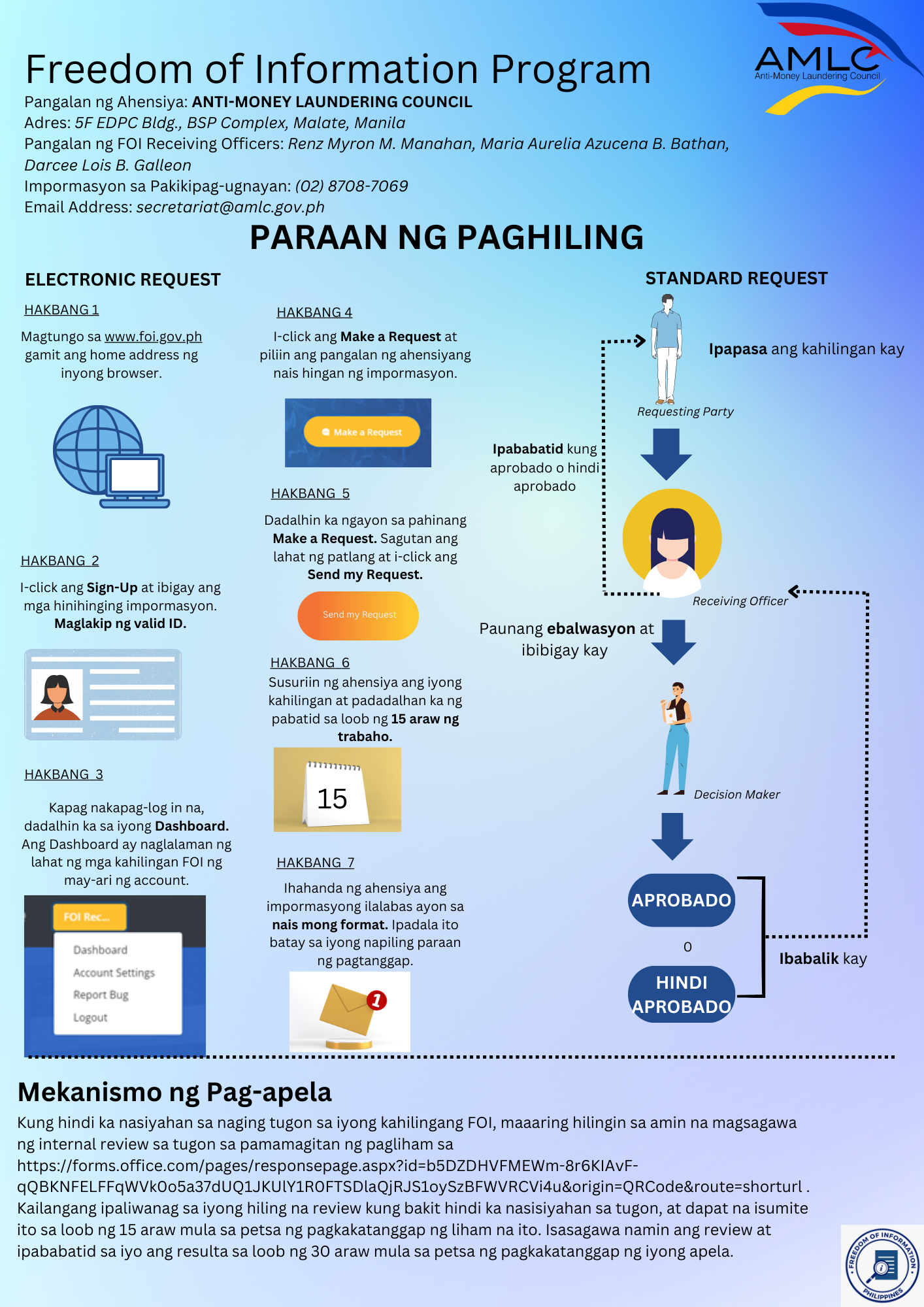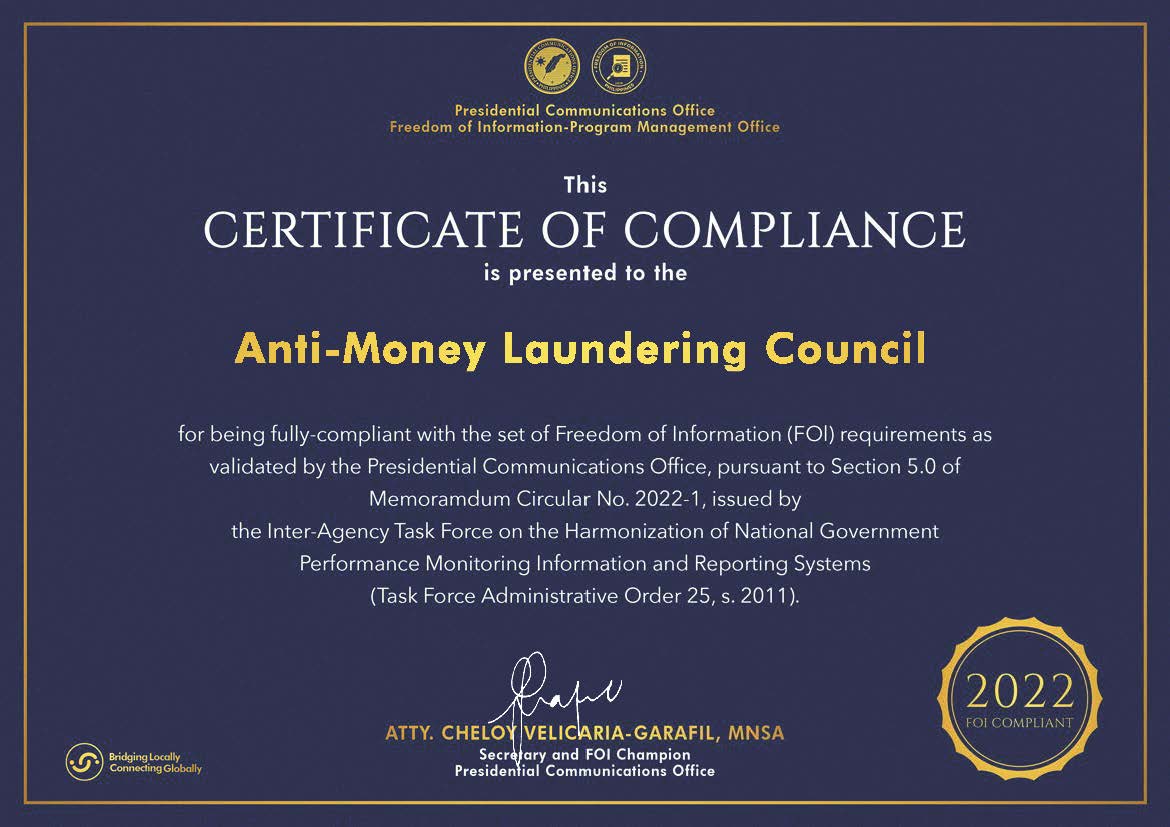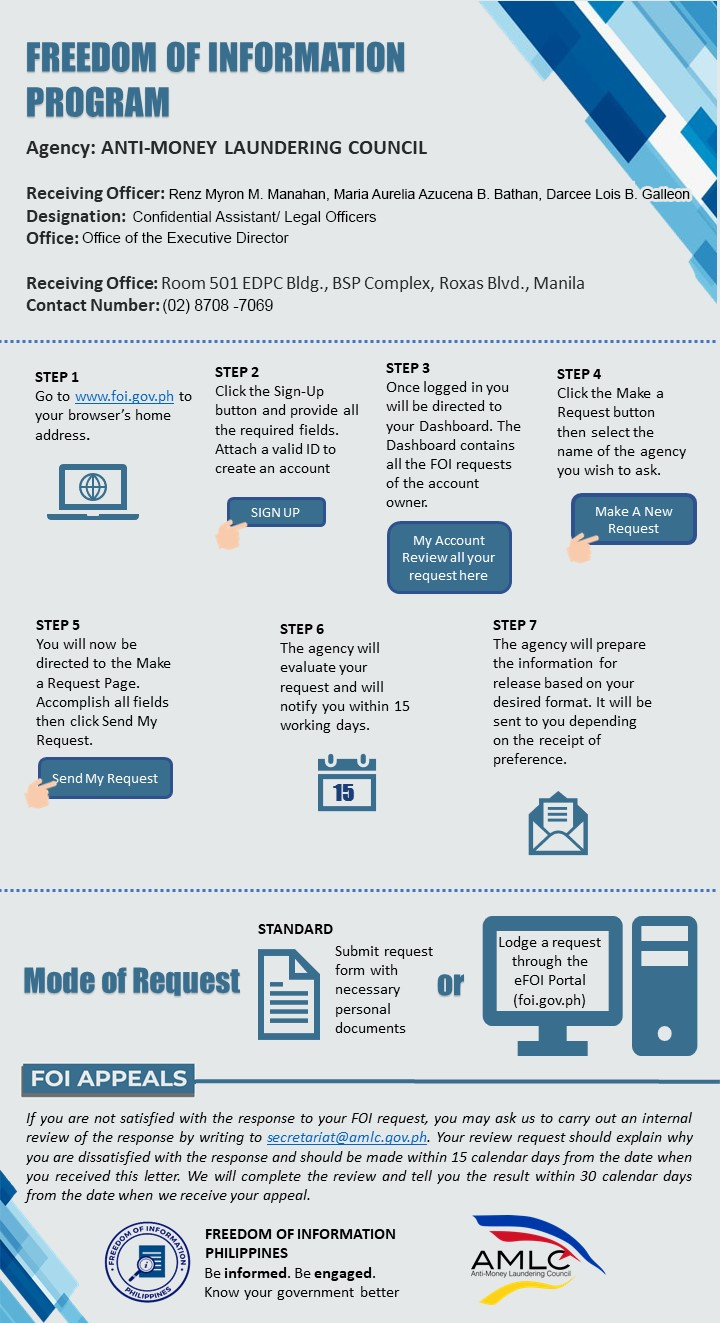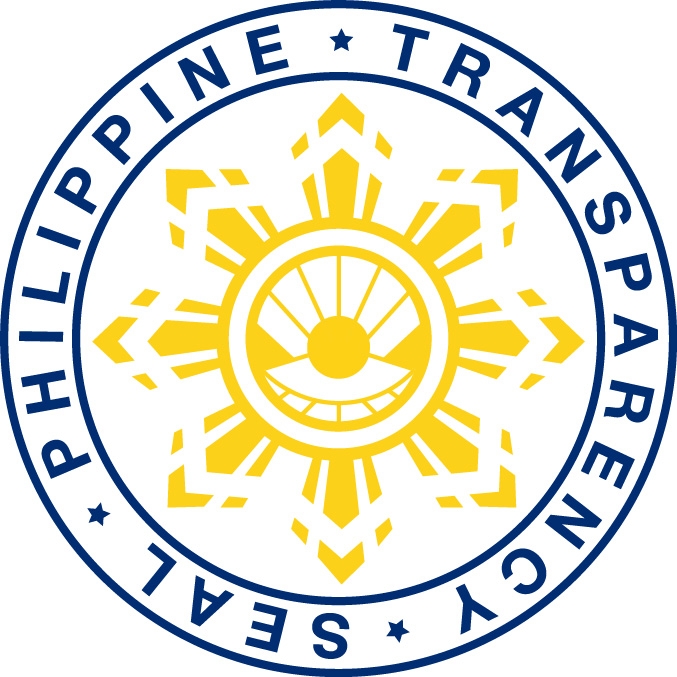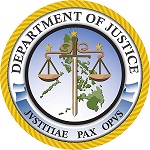The country’s anti-money laundering watchdog has lashed out against criticisms and accusations of alleged leaked documents involving 242 bank accounts held by Vice President Jejomar C. Binay.
In a statement released over the weekend, the Anti-Money Laundering Council (AMLC) said: “The AMLC will continue to discharge its legal mandate without fear or favor.”
The statement added that it will not deign to address issues hurled at the institution by politicians whose identities were not named in the press release, if it were done outside of legal proceedings.
“Any and all issues concerning a pending case should be raised by the parties before the proper Court,” said AMLC.
The AMLC, housed within the compound of the Bangko Sentral ng Pilipinas (BSP), is chaired by BSP Governor Amando M. Tetangco Jr. and includes as members Securities and Exchange Commission head Teresita J. Herbosa and Insurance Commission chief Emmanuel F. Dooc.
The independent government agency is currently headed by Julia C. Bacay-Abad as executive director, a post formerly occupied by now BSP deputy governor Vicente S. Aquino.
The AMLC further commented that for years, it has done its job “quietly and without fanfare.”
“(AMLC) has never allowed and will never allow itself to be used as a tool for political persecution or harassment, or as an instrument to hamper competition in trade and commerce,” the council stressed. “It is not, and will never be, beholden to anyone but the Filipino people.”
As pertains to issues directed at it, the ALMC reiterated that it exists as established by a law, to combat money laundering to “help preserve the integrity of the financial system.”
It said all cases under its belt are fully investigated in accordance to provisions of the Anti-Money Laundering Act or AMLA.
In a conference late last week, Vice President Binay called the leaked AMLC documents that, according to reports, lead to the freezing of his bank accounts, a “whimsical use of regulatory powers.”
Since the AMLC is under BSP mandate, the central bank has been pursuing the full reorganization of the AMLC in efforts to strengthen the agency’s power and authority in investigating suspicious transactions, money laundering activities, and other violations of the AMLA.
In the last three years, the BSP has been conducting continuous reviews of the AMLC structure including its overhaul.
The Philippines had made improvements to get off the Paris-based Financial Action Task Force (FATF)’s “gray list” which signifies that a jurisdiction is “making sufficient progress in the global campaign against money launderers and terrorists.”
The last FATF review has recognized the country’s efforts to enforce anti-money laundering and anti-terrorist financing regulations.
Read the original article at Manila Bulletin







 REVISED 2 3.jpg)

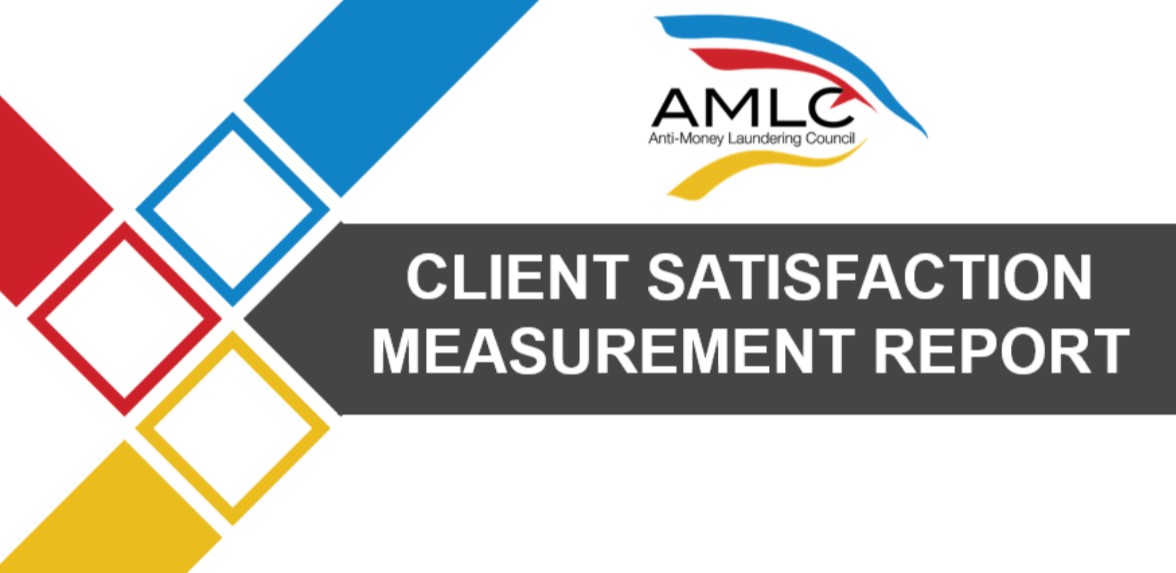 2024 (First Edition)
2024 (First Edition)